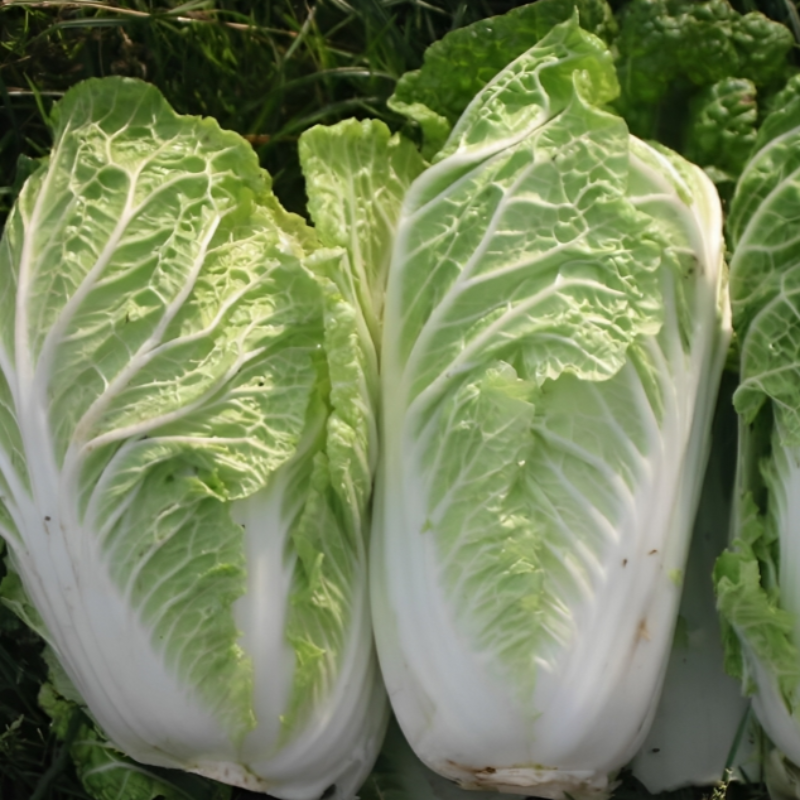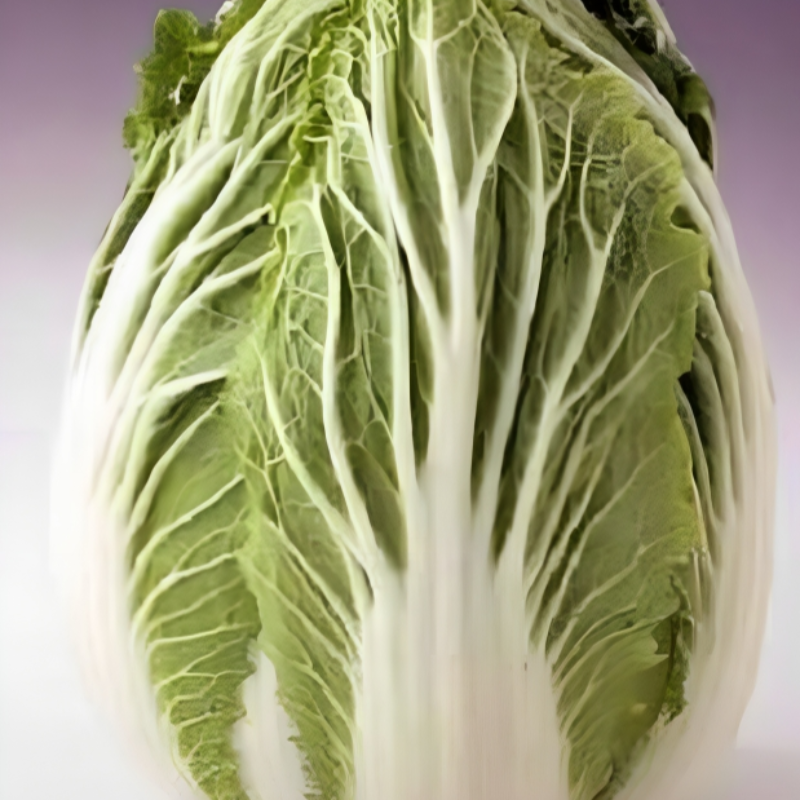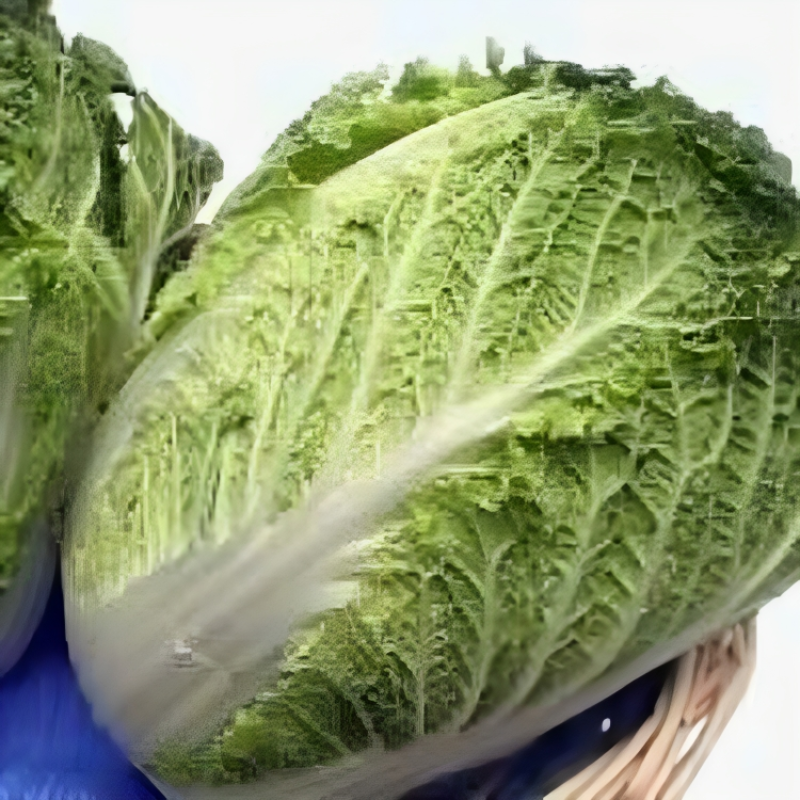- Historical context: Michihili cabbage, also known as Chinese cabbage, is a type of Brassica rapa. It has been cultivated in Asia for centuries and is a staple in many Asian cuisines.
- Geographical origination: Michihili cabbage originated in China and has been widely grown in East Asia, including Japan and Korea.
- Relevant cultural significance: This cabbage is integral to many traditional dishes such as kimchi in Korea and various stir-fries and soups in China.
- Time period of discovery: The exact time period of its discovery is not well-documented, but it has been cultivated for several hundred years.
- Original habitat: Michihili cabbage thrives in temperate climates with cool weather, which is typical of its native regions in East Asia.
- Notable historical uses: Historically, Michihili cabbage has been used not only as a food source but also in traditional medicine for its purported health benefits.
- Ideal temperature range: 60-70°F (15-21°C) is ideal for growing Michihili cabbage.
- Soil type: Prefers well-drained, fertile soil with a pH between 6.0 and 7.5.
- Sunlight requirements: Requires full sun to partial shade.
- Watering needs: Consistent moisture is crucial; water regularly to keep the soil evenly moist but not waterlogged.
- Planting season: Best planted in early spring or late summer for a fall harvest.
- Germination time: Seeds typically germinate in 5-10 days under optimal conditions.
- Growth cycle duration: Michihili cabbage usually matures in 70-80 days from planting.
- Common pests and diseases: Watch out for pests like aphids, cabbage worms, and flea beetles. Diseases include clubroot and downy mildew.
- Companion planting advice: Good companions include beans, beets, and onions. Avoid planting near strawberries and tomatoes.
- Common challenges and solutions: Common challenges include bolting in hot weather and pest infestations. To prevent bolting, plant in cooler weather and use row covers to protect from pests.
- Nutritional values: Rich in vitamins A, C, and K, as well as folate and fiber.
- Health benefits: Michihili cabbage is known for its anti-inflammatory properties and is beneficial for digestive health.
- Culinary uses: Commonly used in salads, stir-fries, soups, and fermented dishes like kimchi.
- Medicinal uses: Traditionally used in Chinese medicine to treat digestive issues and inflammation.
- Other unique advantages: Michihili cabbage is relatively easy to grow and can be harvested multiple times if cut above the base.








